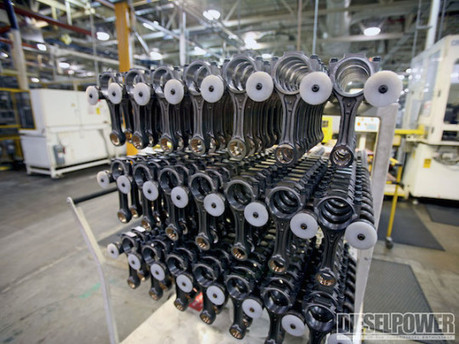Apr 13 2014
‘Gods’ Make Comeback at Toyota as Humans Steal Jobs From Robots | Bloomberg
See on Scoop.it – lean manufacturing

According to the article, Toyota’s management feels that maintaining the know-how to make parts manually is essential to be able to improve automated processes.
See on www.bloomberg.com


 Corporations and Philosophy
Corporations and Philosophy
 Irrelevance of National Culture
Irrelevance of National Culture Faith in People
Faith in People
 Some form suppliers, like National Checking with their WaitRpad, have addressed this problem by providing table maps at the top of the form. These sketches include the following:
Some form suppliers, like National Checking with their WaitRpad, have addressed this problem by providing table maps at the top of the form. These sketches include the following:



Apr 17 2014
Point Kaizen in Offices – A Disaster | Wiegand’s Watch
I would agree with Wiegand on the folly of starting with 5S, whether on the production floor or in the office. In 2014, whether office work is the routine processing of expense reports or aircraft design, it is not primarily done on paper but on screens with software, and the relevance of neat desks is dubious at best.
Tidying up and organizing what Wiegand calls the “social areas” — by which I assume he means the places where employees take breaks — can be good for morale but will not otherwise directly improve performance.
E-mail etiquette can make a difference, but focusing exclusively on email obscures the need for more sophisticated means of electronic communications, to support, for example, collaborative work in a project team, with revision management on its output.
The part on standardizing filing systems, in a German context, strikes me as scary. From my experience with German offices, standardization for the filing of paper documents is probably what they least lack. With electronic documents, standardization all too often takes the form of carrying over “smart” numbering systems that, while helpful with paper, are cumbersome and counterproductive in databases.
Generally, I think there is too much variety in office work for there to be much value in a generic, one-size-fits-all concept of a “Lean office.”
Share this:
Like this:
By Michel Baudin • Blog clippings 2 • Tags: Germany, Lean Office, Office Kaizen